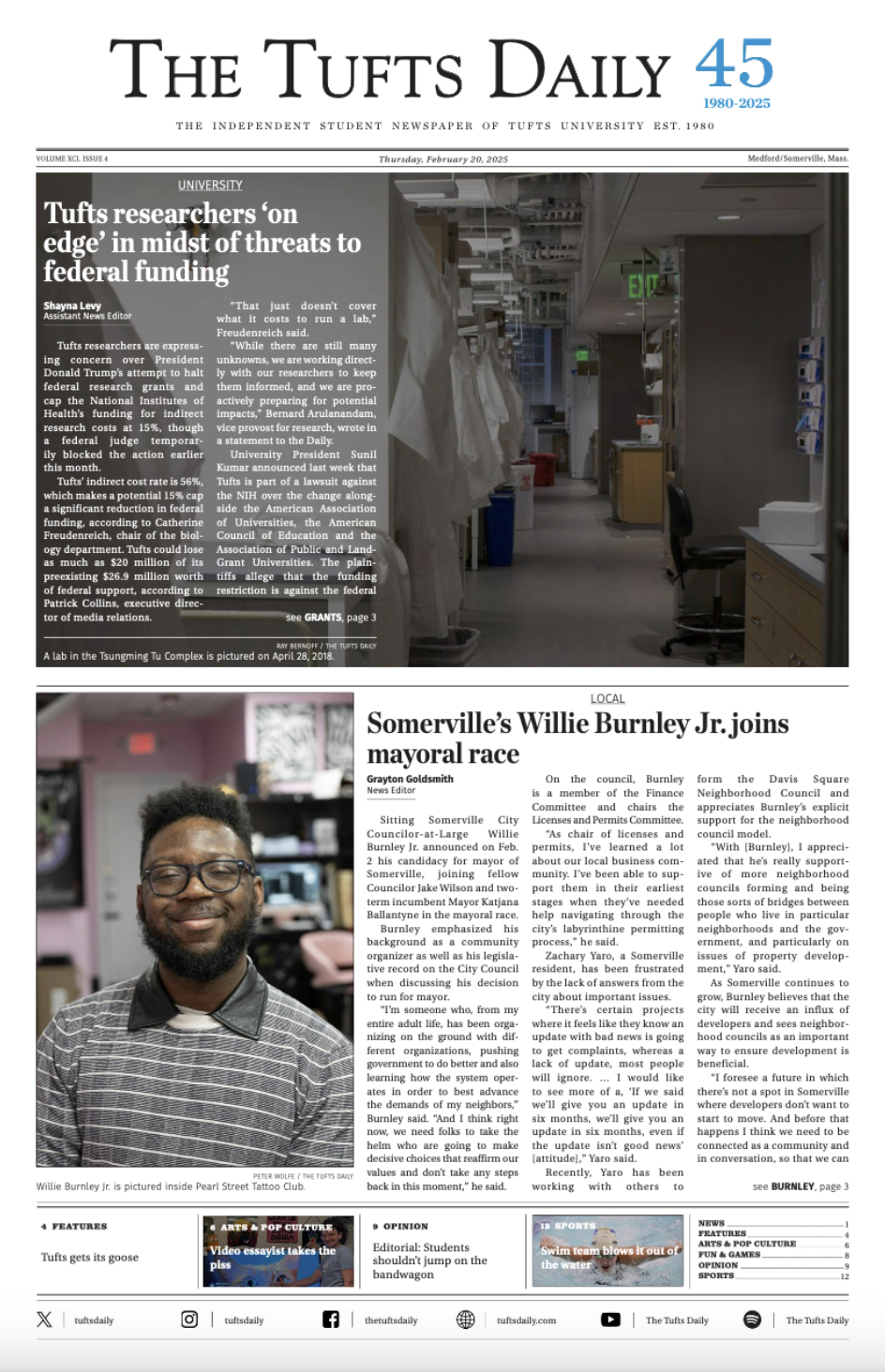One of the greatest things about studying abroad in an English-speaking ountry is that you already speak the local language. No need to struggle with rolling your r's and pronouncing dinde (not din-dee) correctly. You can order a meal and flirt with the waiter without sounding like a major idiot.
Unfortunately, even in an English-speaking country like New Zealand, you are never totally safe from foreign slang.
Encountering the local lexicon can be stressful at first, as many of the words and phrases we use on a daily basis in America mean entirely different things here. This mix-up usually leaves you either in a mortifying state of embarrassment or looking like a complete ass — or, on many occasions, both.
Say you find yourself "keen" (intent) on buying a fanny pack. When you ask the nice lady behind the counter where you might find one, she gives you a look of such abhorrence that you immediately "rattle your dags" (hurry) out of the shop.
If only you had known that in New Zealand, the word "fanny" is an offensive euphemism for a female's nether-regions, and when paired with "pack" creates a wide range of dirty interpretations, you might have chosen more carefully. Next time, remember to say "bum bag" if you want to avoid committing a conversational crime on top of your fashion felony.
Another way to learn a lot about Kiwi English is to take a walk down the aisles of your local grocery store. With your "trolley" (cart) in tow, you saunter through the produce section, passing by "kumara" (sweet potatoes), "capsicum" (bell peppers), "sultanas" (raisins) and "courgettes" (zucchini).
You search long and hard for granola but can only find "muesli" and stare for hours at the plethora of "tomato sauces," getting extremely frustrated that there's no ketchup for your French fries, which here are called "chips." If only Webster wrote a dictionary for New Zealand "dairies" (corner store markets, like 7-Eleven) you wouldn't be in such a "gherkin" (pickle).
And you better be careful when you tell your friends about the delicious golden kiwi you ate for "brekkie" (breakfast). Otherwise they will look at you with the same face you got from the saleswoman when you tried to buy a vahjayjay purse earlier. Without the suffix "fruit," in the description of your breakfast, most "Kiwis" (New Zealanders) will think you are talking about eating them. Either that or you fried up a flightless and endangered bird to put on toast. Nice one, slick.
Eventually, though, you will learn to adopt the new words for everyday things and even pick up all the "flashest" (coolest) phrases Kiwis use regularly. You and your friends can "have a smoko" (take a break) between classes, "whinge" (whine) about how much of a "waffler" (person who won't shut up) your lecturer is, then head out for a "takeaway pie" (mince pastry to go) and life will be "sweet as."
With that said, if there's one thing you must add to your vernacular while in New Zealand, it would be the word "as" at the end of every adjective. Last night at the club you weren't just drunk, you were "drunk as," and that cutie on the dance floor was "hot as, mate, eh?"
And there you have it — several fool-proof phrases to help you talk your way through New Zealand. Now just throw on your "togs" and "jandals" (swimsuit and sandals), toss some beers in the "chilly bin" (cooler) and head over to the beach with your mates. Armed with your knowledge of New Zealand slang, you'll fit right in.
Just don't feel "gutted" (depressed) if your "lame as" Yankee accent makes you sound like a "wanker" (jerk). And please, for the love of God, leave your "bum bag" at home.
--
Ally Gimbel is a junior majoring in English. She can be reached at Allyson.Gimbel@tufts.edu.





